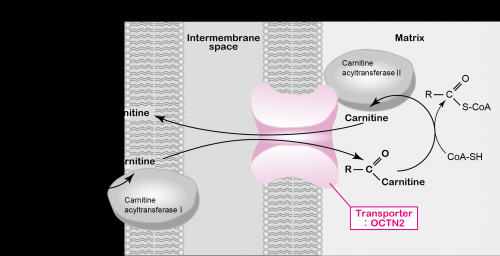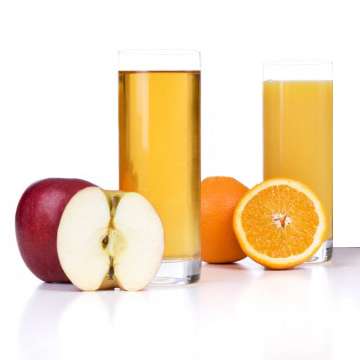Uncovering factors at the heart of muscle weakness

The most cited professor at Kanazawa University, Ikumi Tamai, has dedicated his career to investigating the molecules and genes responsible for cardiomyopathy, muscle weakness, and Reye's syndrome. His key discoveries relate to human organic anion transporting polypeptides (OATPs), their associated genes and their roles in the body.
Muscle weakening diseases are known to be triggered by a deficiency of carnitine in the body – a compound that helps to transport fatty acids for the generation of metabolic energy after the breakdown of lipids. Little was known about the mechanisms inherent in carnitine deficiency until Tamai's work in the late 1990s led to the discovery of carnitine transporter OCTN21.
OCTN2 is expressed strongly in the kidneys, skeletal muscle, and the heart. If OCTN2 expression is disrupted, the defective transport of carnitine across plasma membranes increases the chances of muscle weakness.
In 1999, Tamai uncovered the gene responsible for encoding OCTN2 - SLC22A5 – and showed that patients with mutations in SLC22A5 exhibit carnitine transportation deficiencies. This discovery helped "contribute to a better understanding of the molecular mechanism of systemic carnitine deficiency and normal lipid metabolism... allow[ing] genetic screening and gene therapy [for] families with disease history."

Following on from these successes, Tamai went on to categorize all OATPs present in the human body, including three novel polypeptides. In his most recent research, Tamai is investigating OATPs and their influence on drug absorption in the body. His newest papers examine the intake of fruit juices and their effects on the absorption of prescription drugs into the body. In particular, Tamai is focusing how sugars such as naringin and hesperidin in orange, apple and grapefruit juices affect how drugs are absorbed.
OATP2B1 is the presumed site of interaction between drugs and fruit juices during absorption into the body. In a paper published this year (2013), Tamai's team report: "OATP2B1 is functionally impaired through both competitive and long-lasting inhibition mechanisms by components of apple and orange juice, but not grapefruit juice. Apple juice has a [particularly] potent, long-lasting inhibitory effect."
These findings may hold significance for clinical medicine, and for the way in which drugs are administered and promoted. Tamai and his team will continue their investigations into OATPs and the inhibition of drug absorption into the future.
More information: Yoshiyuki Shirasaka et al. Major active components in grapefruit, orange, and apple juices responsible for OATP2B1-mediated drug interactions, Journal of Pharmaceutical Sciences 102 (1) (2013).
Yoshiyuki Shirasaka et al. Long-lasting inhibitory effect of apple and orange juices, but not grapefruit juice, on OATP2B1-mediated drug absorption, Drug Metabolism and Disposition 41 (2013).


















